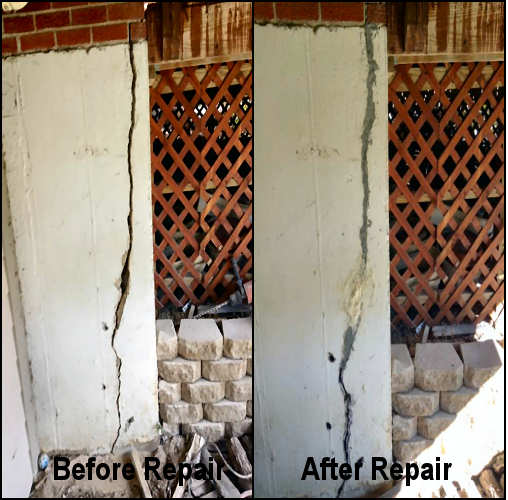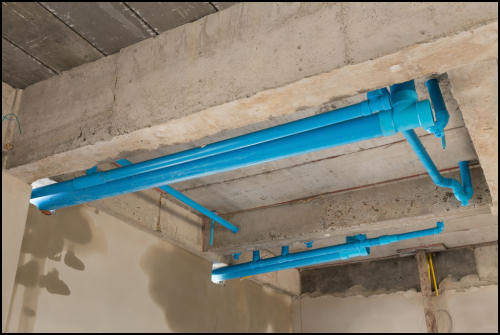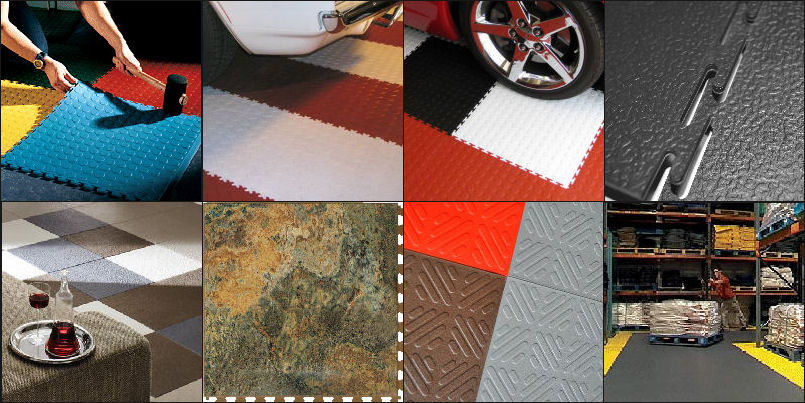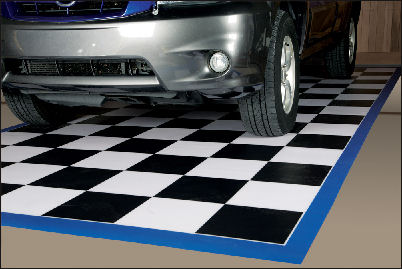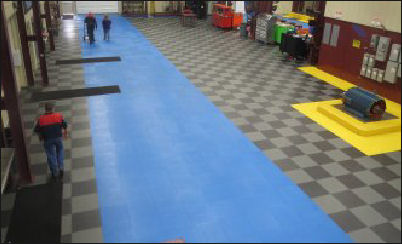Types of Foundation Problems to Fix
If you own a home or business in the Chicago area, you must be concerned about fixing foundation problems. Fixing foundation problems prevents small issues from becoming costly problems. Foundation cracks and problems develop over time. Inspect your foundation often, and you will have time to make the necessary repairs.
Here are the types of foundation problems to look for in your inspections.
Do You Have Any of the Types of Problems Listed Below? We Can Help!
Error: Contact form not found.
Small Cracks Less Than 1/4" Wide
Most likely these are caused by the curing of concrete. During the curing process, concrete undergoes plastic shrinkage. Hence, hairline cracks occur. Sometimes there is efflorescence and sediment on the concrete wall. Many are harmless, but if you do see water seepage - have them sealed by a professional.
Wide Cracks more than 1/4" or Pattern Cracks in Block or Brick
Wide structural cracks develop due to settlement of footings. Possibly the footing was poured over soil that had not been compacted enough. The concrete wall itself, being on more compacted soil, did not settle.
When the foundation wall settles with the footings, then wide diagonal cracks develop. The soil beneath the footings was eroded by poor water management from the roof water runoff.
Wide concrete cracks should be sealed by a reputable concrete contractor like SKV Construction. Usually an epoxy type sealer is used as explained in our foundation crack repair article. You won't correct what caused the problem, so keep doing the periodic inspections to look for other, serious clues. Wide cracks are best repaired using carbon fiber repair.
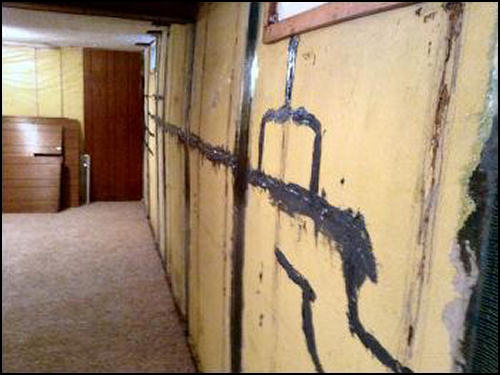
Water Accumulation Leading to Foundation Problems
With water accumulation around the basement walls allows the soil to expand leading to major problems. Wide cracks are likely to develop. Water will accumulate due to:
- ineffective gutters
- improper grading
- lack of lawn or landscaping to absorb the water
- blocked drains
- lack of sealant on the outside walls
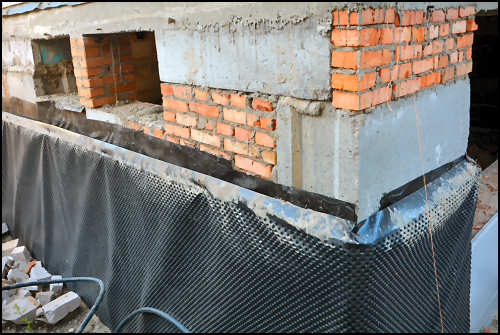
Make sure your water management system is working properly. Clean your gutters, repair downspouts, and fix grading problems around your house. If your grade is sloping away from the house, your gutters and downspouts are working properly, and you still have water accumulating - then you may need waterproof sealing on the outside walls.
Severe Cracks and Bowed Walls
If your basement wall is bowed at least 3", repair this problem right away. Some bracing can be done from the inside, but there is a likelihood that excavation from the outside will be needed. Call SKV Construction for an assessment and proposal. Fixes for foundations from the outside are common, but can be costly. See one tilted wall project successfully completed by SKV Construction.
You may have driveways, patios, or sidewalks that slope towards the house or building. Concrete leveling by mudjacking or polyurethane injection will be needed to level those surfaces. Concrete leveling is much less expensive than concrete replacement.
As you can see, a foundation repair can range from doing simple things to a complex repair requiring a skilled contractor. Get multiple opinions on the repair needed to correct your foundation problems. Our experience and expertise have served Chicago customers for over 50 years. But it doesn't hurt to get another perspective.
Ignoring foundation crack repairs is NOT A GOOD IDEA! Over time, the continual presence of water will erode the concrete to the point where it becomes loose and crumbling. Therefore, the foundation will be severely weakened.
If you have a foundation problem and need our help, Contact Us for a no obligation proposal.
Stan Vorgias
Owner SKV Construction
